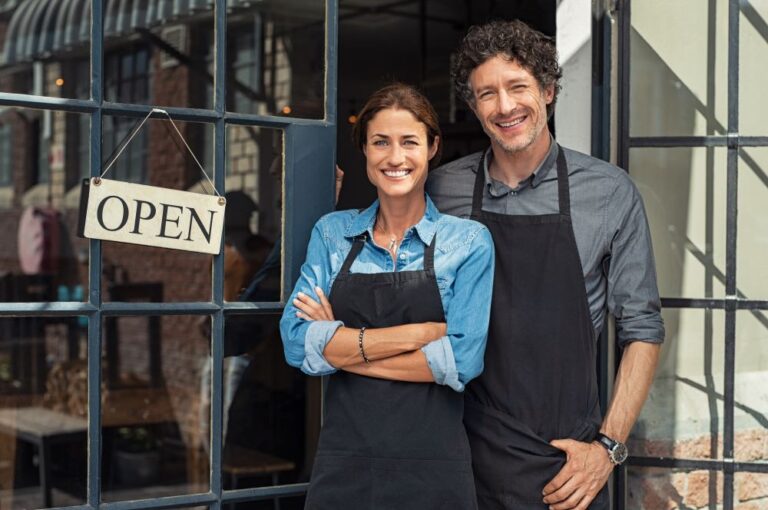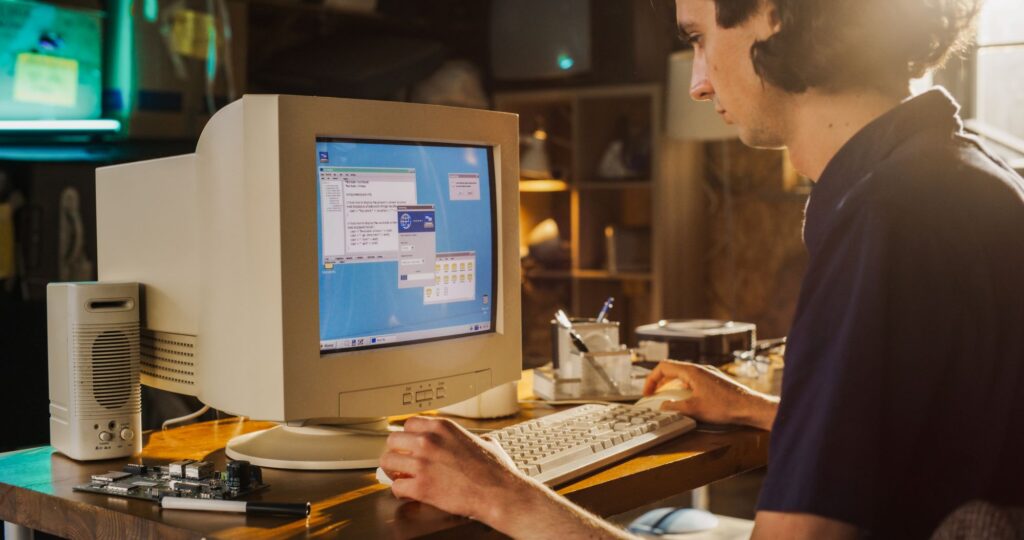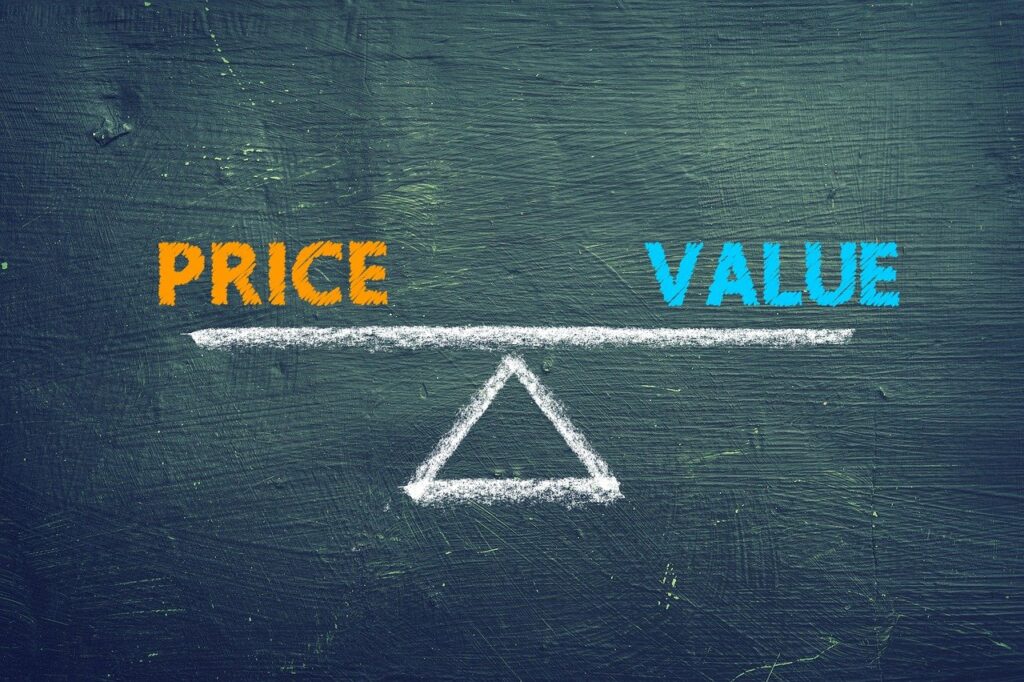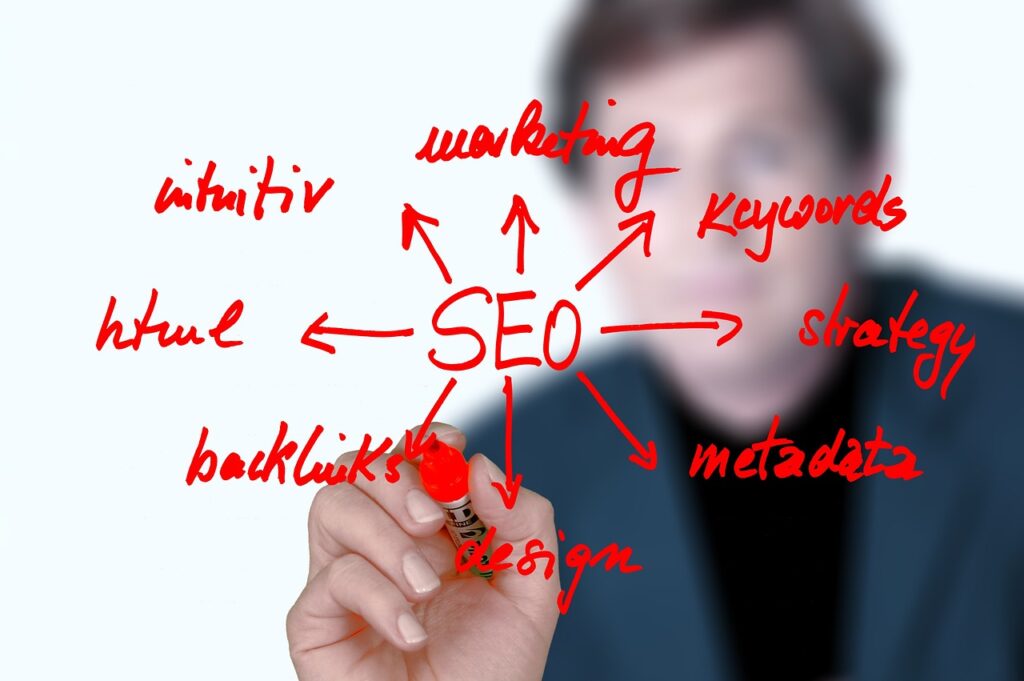A better online experience
The background
Google Adwords (now Google Ads) and search engine optimisation (SEO) used to be cost-effective, but nowadays with so many businesses online, it’s extremely competitive. When you search for a product or service, the usual suspects appear at the top of the search results – the ones with deep pockets.
This is hard for smaller businesses and also limits consumer choice. Arguably, it’s bad for society too. It’s time to challenge the internet behemoths and deliver a much better and much cheaper approach. Enter Project Plankton.

History
The late 1990s saw the internet take off for businesses. It was a confusing time, with many big brands thinking that it was just a fad, while others spent money hand over fist purely due to FOMO (fear of missing out). This ended up in the inevitable dotcom bubble bursting in March 2000.
At the time, switched-on smaller businesses were able to benefit from a more careful approach to marketing by using SEO or paying for keywords on platforms such as Espotting and Overture to appear in the results on search engines such as Yahoo!, AltaVista, Lycos and Ask Jeeves. (All of which have pretty much been confined to the dustbin since then.) In late 2000, Google started its own pay-per-click platform – Google Adwords.

It WAS cheap THEN
SEO was relatively easy due to the lack of competition from larger companies and paying for search terms or Adwords was very cheap. As the marketing sales cliché went in those days, your shop was “open 24/7, 365” (or 366 if it was a leap year, although that made it a bit wordy).
You could buy search terms for literally pennies and had the ability to measure how many people clicked through to your online store. Compared to the thousands of pounds you would pay for advertising or direct mail it was a no-brainer. It made sense for Google too, as it made $70 million from advertising in its first year… although the other search engines, whose names we have pretty much forgotten, made even more. Yup, they dropped the ball!

NOW it’s not so great
Twenty years later, the other search engines have all but disappeared but Google made £183 billion in income from Adwords – and that was during a pandemic!
In the late 1990s and early noughties, SEO and PPC advertising were great for smaller businesses… until the larger companies wised up and joined in. They had more resources for SEO and bigger budgets for pay-per-click campaigns, so smaller businesses ultimately lost out. SEO has become harder and Adwords have become prohibitively expensive – squeezing out smaller businesses. Techies argue that small businesses have to target specific, niche keywords, but that all takes time and money. Businesses have become slaves to Google and it doesn’t need to be like that. Unless you have a lot of time on your hands, which most businesses don’t, you need to employ specialists for SEO and PPC or contract it out, and that is costly.
Years ago, small companies, with their ability to be more agile, could take advantage of the internet, but now it’s not so easy. Everyone is now competing on the same platform, with the result being that everyone pays more for it.

Consumer choice is also reduced
The current state of digital marketing is not good for consumer choice either. Nowadays, if you search for a product, it’ll be the same companies that pop up all the time. Search for a new TV and the largest online retailers and stores will monopolise both organic and paid search results. That’s harder for small businesses, which many people would like to support.
True, shopping on Amazon has many benefits – not just cheap prices – but small businesses don’t even have the visibility. Wouldn’t it be great it was easy to search for a product and find it from a local, independent store? Wouldn’t it also be great if that independent store didn’t have to pay a ridiculous amount of money on marketing to be found too? Lower costs could even allow them to offer competitive prices relative to their online-only counterparts. And then there’s the unfair tax burden on traditional businesses!

But there is a way forward
It’s time to rethink the search engine and digital advertising business models. It needs a new approach. Ideally, it would allow people searching for a product to find a small business supplier just as easily as a large one. It would allow them to find it locally too and this ‘findability’ could also potentially help save the High Street. Over the past two decades, there have been many initiatives to help encourage shoppers to town centres, but they’ve pretty much taken a micro-approach and ended up little more than disappointing pieces of PR. Again, a different approach is needed.
Sadly, we’ve almost given up, with efforts now focused on changing the make-up of town centres – but whatever happens, we still need to help shops and businesses. I alluded to the initiatives of the past, but for change to really happen it needs to be at a macro-level and it mustn’t be a burden on businesses or taxpayers – in money or time. We need a new approach to searching for businesses and products online that helps businesses and the consumer. It needs to provide an excellent service and it needs to pay for itself too. Let’s look at the big tech companies. How many years did it take for them to make a profit and how much investment did it take? It’s a rhetorical question but can also be answered with ‘decades’ and ‘billions’… although twitter (aka X) has yet to make a profit.
The good news is that I’ve put together a model that addresses all of the above and it will pay for itself within a few years. On top of that, aside from reshaping how we buy things and helping smaller businesses, my aim is to donate profits to good causes (rather than sending billionaires into space). It’s not going to be easy but I’ll give it my best shot.
When?
Hopefully 2025. I’m hoping to do this in a different way too. I don’t want to go down the traditional investment route with a view on the stock market – as this will just lead to pressure to be greedy and ultimately screw-over customers and stakeholders. Instead, I want it to stand as a successful private, ethical enterprise that makes a genuine difference to the world, without the need to just consume everything in its path.
Obviously, I can’t say much at this stage but if you’d like to find out more, I can tell you a tiny bit as the detail is obviously confidential.
Anyway, essay over. If I suddenly disappear you’ll know that I’ve been erased… or am possibly somewhere in a small, comfortable room, wearing a jacket with very long sleeves.

And why is the project codenamed Plankton?
It’s after Sheldon J Plankton, owner of the Chum Bucket restaurant. If you’ve ever watched SpongeBob Squarepants you’ll know who I mean!